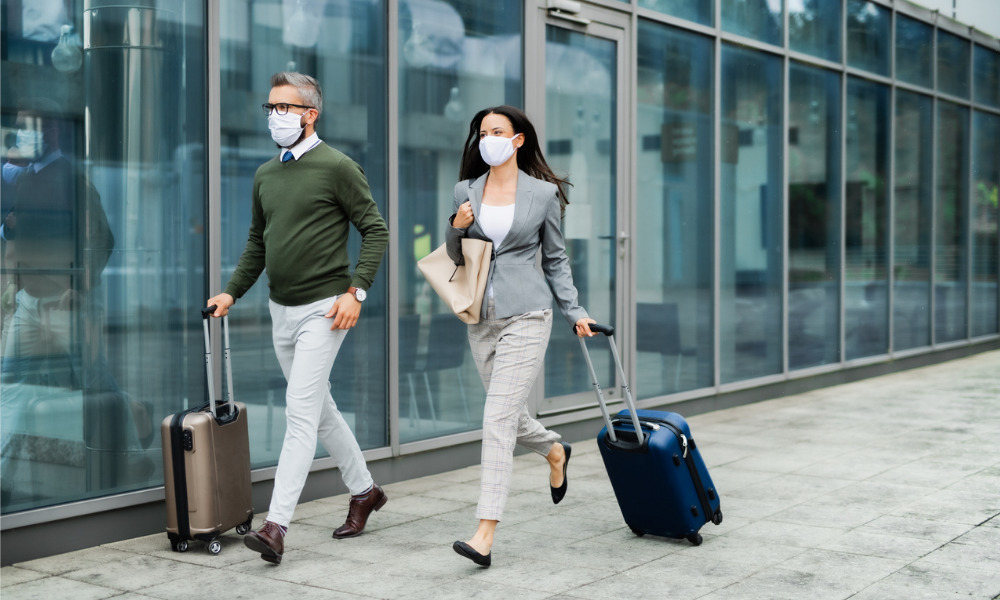
This case considers an employer’s liability for business trip injuries

In a recent decision, the Full Federal Court considered an appellant who was injured during a business trip in April 2016. The appellant was attending a workshop in Melbourne organised by her employer, Telstra Corporation Limited.
The workshop took place over several days, during which Telstra organised for the appellant to stay at the Novotel Hotel. At 2:30am one morning, after an “extensive personal night out”, the applicant slipped and fell on the hotel foyer’s floor, sustaining a hip injury. She lodged a compensation claim under the Safety, Rehabilitation and Compensation Act 1988 (Cth), submitting that she had suffered an injury “arising out of, or in the course of” her employment, pursuant to s 5A.
The appellant contended that her injury arose within the overall course of her employment, given it occurred at a place where she was required to stay. She further asserted that factors such as whether Telstra “induced or encouraged her” to be in the foyer, and the time of her injury, were irrelevant.
In contrast, Telstra submitted that the injury occurred as a result of the appellant’s social activities, which had no connection to her work. It also argued that her injury occurred between two discrete periods of employment.
The Federal Court affirmed the Tribunal’s finding that the appellant’s injury did not arise out of, or in the course of, her employment. “Plainly, [the appellant]’s injury was sustained whilst she was not performing the work for which she was employed”, the primary judge said.
On appeal to the Full Federal Court, the appellant submitted that the Tribunal had applied the wrong legal test and misconstrued the principles established by the High Court in Hatzimanolis.
The Full Federal Court considered the findings in Hatzimanolis, PVYW, and Westrupp. It found that the “mere presence” of the appellant at a particular place was not sufficient to find she suffered a compensable injury and held that there must be a connection between the appellant’s injury and the circumstances under which it was suffered.
Ultimately, although describing it as “undoubtedly a difficult case”, the Full Federal Court dismissed the appeal, affirming the Federal Court’s findings and stating that “the extent and duration of [the appellant’s] personal activity resulted in a broken nexus with her employment”.